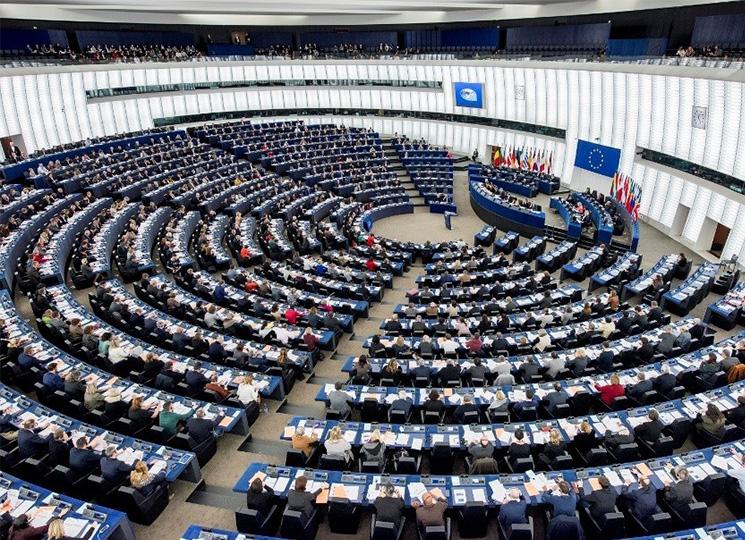Talks on the revision of the European access to documents regulation have collapsed. The Danish presidency has been unable to reconcile the widely diverging views of parties around the table.

Last week, as the Danish presidency presented a compromise proposal, the atmosphere became particularly vicious. The ministers of justice of Sweden and Finland in an open letter stated that “needless to say” they rejected the Danish proposal and called on the EP to do the same. Days later, a Commission spokesman accused “nutty NGOs” of wasting officials’ time, calling on them to “grow up”. This in turn sparked off a response of indignation from transparency NGOs such as Access Info Europe, which is a longstanding advocate for more transparency in the EU. Over the weekend, talks between the Council and the EP collapsed over widely diverging views on what the reformed regulation should look like. Finally yesterday, the Danish presidency announced officially that it will abondon its efforts to promote the compromise draft.
Denmark will now use its last weeks of presidency time to try an alternative route, that of so-called “lisbonisation” of the current Regulation 1049/2001. This entails a minimal adjustment and expansion of the provisions so that it meets the requirements of the Lisbon Treaty. Whether it will succeed is uncertain; prominent MEPs such as Michael Cashman have long taken a hard line on the negotiations and argue that the Lisbon Treaty already applies anyway. Tony Bunyan of Statewatch, a London-based civil rights NGO, is also sceptical of the lisbonisation route, commenting:
the intention of the Council Presidency to push through the Commission’s 2011 proposal to “Lisbonise” the Regulation is not as simple as they seem to think. The 2011 proposal would simply extend the scope of the Regulation to EU agencies and bodies but this does not meet the requirements of the Lisbon Treaty. […] This gives the European Parliament a real opportunity to insist that the Treaty obligations are fully met.
The EUobserver reports that the atmosphere among negotiators has become icy again, a complicating factor that the succeeding Cyprus presidency will need to spend much time on to repair.
The access to documents revision procedure has been lasting for four years now, and has lead to a protracted battle between transparency advocates such as Sweden and the EP, and more transparency-sceptic parties such as a Council majority and the Commission. The negotiatiors still seem still far removed from an appropriate solution to this impasse.
Reports on the latest developments can be found on the EUobserver, Wobbing Europe and Statewatch websites. –MH


